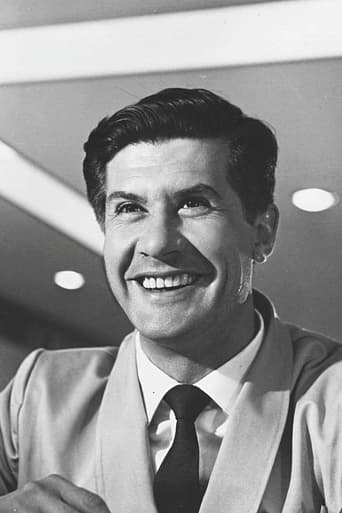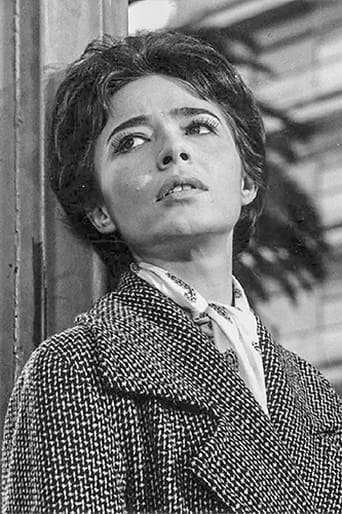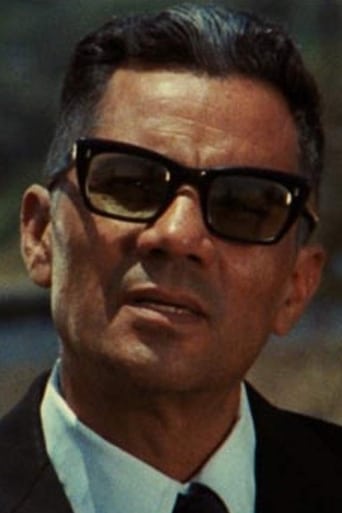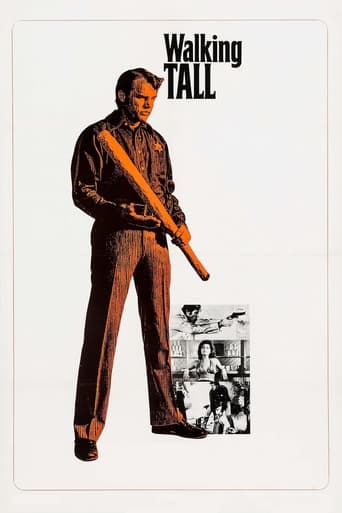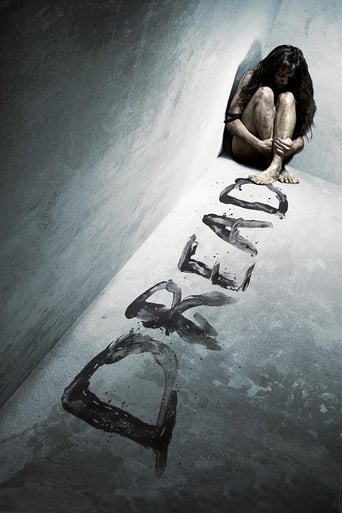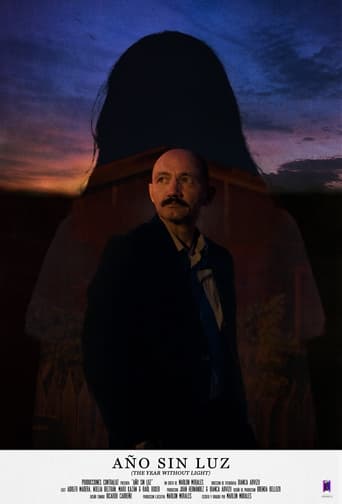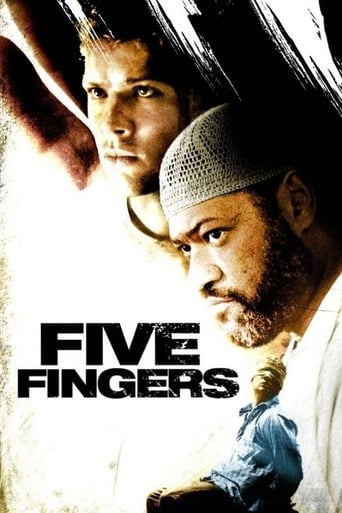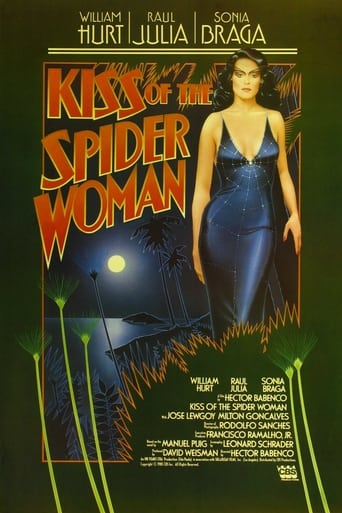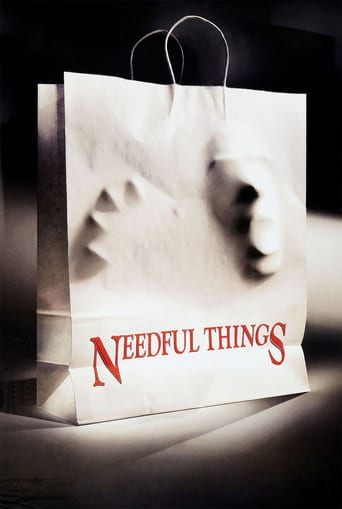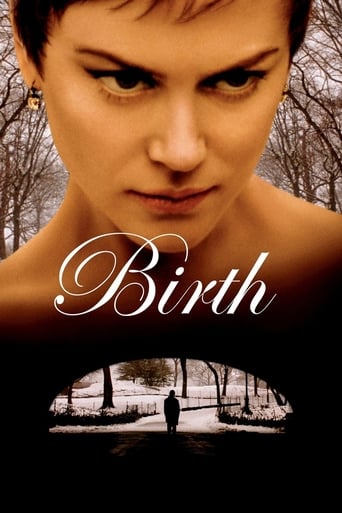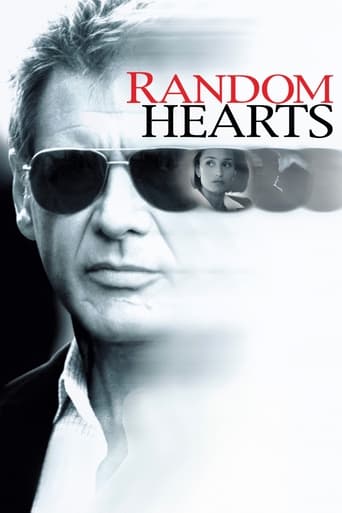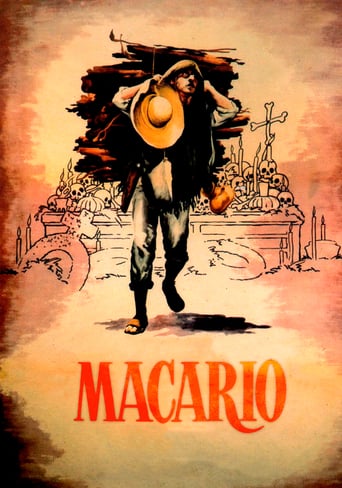
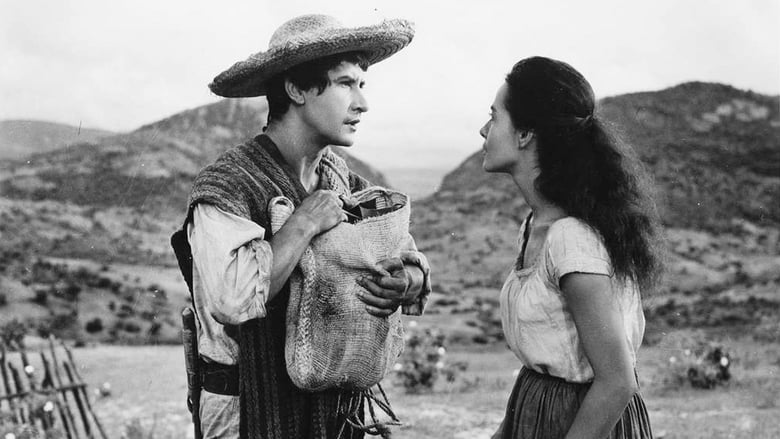
Macario (1960)
Poor, hungry peasant Macario longs for just one good meal on the Day of the Dead. After his wife cooks a turkey for him, he meets three apparitions, the Devil, God, and Death. Each asks him to share his turkey, but he refuses all except Death. In return, Death gives him a bottle of water which will heal any illness. Soon, Macario is more wealthy than the village doctor, which draws the attention of the feared Inquisition.
Watch Trailer
Cast


Similar titles
Reviews
Good movie but grossly overrated
Excellent and certainly provocative... If nothing else, the film is a real conversation starter.
Watching it is like watching the spectacle of a class clown at their best: you laugh at their jokes, instigate their defiance, and "ooooh" when they get in trouble.
Exactly the movie you think it is, but not the movie you want it to be.
Writer B. Traven's, cinematographer Gabriel Figueroa's and film-director Roberto Gavaldón's 1960 masterpiece 'Macario' appears at first to be a wonder tail for children, a little fantasy - filled with marvelousness. But then, its poetry (albeit it never resigns from its esthetic) turns into a tragic dejection, and soon you realize that you are in the impossibility to step back. Life has trapped you, nobody looks out for you - death enters you when you're born, and you carry it around in your livers, your stomachs, your hearts. Each candle goes out by itself. 'Macario's daring and ruthless realism hits you sharply, suddenly - as with its first spoken dialogs and captivating scenes. All illusions, romances, sentimentalisms, understandings drop unexpectedly from your entrails and your skull... and surprisingly long time before your death.
Adapted from socialist B. Traven's story of the same name, the film is a artistic masterpiece. The direction, acting are superb. The cinematography is moving and haunting. The trees, the sparseness of the village, even the expression on the actors' faces-all are moving-all are memorable. Have you ever wanted anything in life, something you could just call your own? As Macario's wife admits to her husband she has also wanted something just for herself that she didn't have to share and gives him a turkey she stole that could have cost her her life so he can fulfill his desire to eat a turkey all to himself. For all of Macario's life he has always known nothing, but hunger as has his wife, his children and fellow villagers. However, Macario is a good man and cannot eat whole turkey without ultimately sharing. He is approached by the Devil, God, and what appears a very hungry man with whom does he share his turkey, but why? Poverty, wealth, and racism all are shown here. The story takes place in Mexico during Spanish rule. Whereas the white Spanish ruling elite, shown to be greedy, cynical, arrogant, and inhuman, are wealthy and want for nothing; the local indigenous people, who maybe all honest and hard-working, are forced to starve and live in a dry, sparse desert with barely-thatched roofs, praying to God for justice rather than creating it. The same cinematographer that photographed Brunel's films in Mexico was also the cinematographer of this film. Perhaps, that's why it seems to be an odd mix combining the social criticism of Brunel's Los Olvidados along with the existentialism of Bergman's 7th Seal. Intellectually profound in its depiction of economic injustice in this world, it moves the viewer to comment. As the candle-maker tells Macario, "We are born to die We spend most of our time dead." It is in contemplating death that we understand life in so far as we have only one; and it is this that makes us question injustice. The near to last scene is unforgettable. Few scenes are as memorable: J'Accuse, the 7th Seal, Ordet are the rare exceptions along with this film. It leaves is with 2 burning questions : What is life? Is it nothing more than a candle that burns for awhile then is spent? What is justice? In a Capitalist world can it be anything more than a concept that like an object can be bought and sold with money?
This film, set in colonial times, tells the tale of Macario, a destitute woodcutter who stumbles onto a magical source of healing power. He has a series of beautifully photographed adventures curing the sicknesses of the incurable in his tiny farming hamlet and the nearby town. As Macario's fame spreads, his wealth increases but his uncanny powers attract the wrong kind of attention, leading to a tragic denouement.The powerless suffering of the poor, the boundless greed of the rich and of the poor alike, the eternal desire to cheat death and squeeze a few more drops out of this life -- these timeless themes are all operative here to good effect. This is not a subtle movie, and it is rather dated in its characterizations and its moralizing. Even so, the acting is competent and the plot engaging. There are some stunning scenes that combine with the first-rate cinematography to make the film lovely to look at.If this rarely screened movie comes your way, I recommend that you take the opportunity to view it.
I know that Mexican cinema has suffered greatly from repulsive movie makers. Macario is probably "THE" Mexican film that will define the country's cinema at its best.Macario is a beautiful classic Mexican film about the tale of a poverty stricken woodcutter. Taking place when Mexico was still under Spanish rule (For the ignorant reader "a person from Spain!") and racism between Spaniards and Mexicans took place. The Spaniards are the holders of the moneymaking businesses, while the Mexicans do the work of the poor.A woodcutter by the name of Macario becomes frustrated of seeing rich people getting richer and the poor getting poorer. Macario becomes sick of being hungry all the time. He becomes determined to become rich to make himself and family happier. One day his wife steals a chicken for her husband Macario. He kindly accepts and takes it to the wilderness to eat by himself.On the way he encounters the devil dressed as a Mexican gunslinger. The devil asks Macario to share the chicken with him and in return, he will give all the land to Macario. Macario refuses and replies by saying "This is not your land, how can you give me something that is not yours". Macario continues deeper into the wilderness in hopes to eat his chicken in peace. He then comes across God disguised as a shepherd. God asks, "Could you please give me a small morsel of that chicken?" Macario replies "My lord, you do not need my chicken". Macario finally hides in a cave where he comes across another man who too asks for some chicken. Macario sees that the man has not eaten because he is so bony, so Macario kindly shares the chicken. As the two men finish the chicken, Macario notices that he has shared the wealth with "Death". Death is grateful and gives him a gift; a canteen filled with water that will cure any illness.This is one of the most symbolic movies I have ever witnessed. Not realizing that Mexicans could to great movies they have proved themselves greatly with this magnificent tale of religion, poverty, and wealth. One of the most memorable scenes is the valley of candles. Strong character development and the depressive themes makes this a tale that is not intended for the weak of heart. A true masterpiece for those who love tales of deals between good and the dark side of life. See this film in its Castilian tongue (for the ignorant reader "the official and literary language of Spain based on this dialect").


